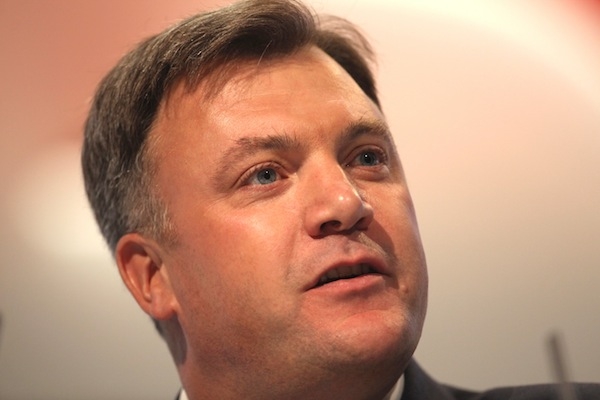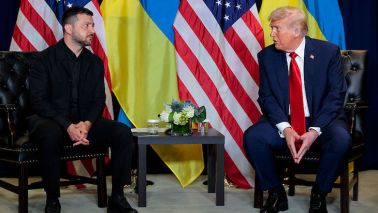Naturally, when George Osborne and Ed Balls squared up in the Commons this afternoon for a showdown on the HSBC tax row, it wasn’t a particularly pretty affair. There was shouting, heckling, yowling – and the backbenchers were pretty aerated, too. Indeed, the Tories had turned up intending to throw the Shadow Chancellor off pace before he’d even started, shouting ‘ANSWER’ at him every time he tried to say a single word.
Balls had clearly turned up thinking that dragging the Chancellor to the Commons to answer his urgent question was victory enough. But an urgent question is only a victory if the minister responding leaves the Chamber thinking that he or she needs to get onto their officials for a more detailed briefing because the row has got bigger. Today’s Urgent Question did not do that. Osborne managed to answer the five questions that Balls had posed on HSBC rather quickly. Here are the questions and the answers:
1. Why has there only been one prosecution out of 1,100 names? Was the “selective prosecution policy” a decision made by Ministers?
Osborne said Gordon Brown set out the approach to prosecuting cases of suspected serious tax fraud in 2002, and again in 2005 when HMRC was created.
2. When were you first made aware of these files, what action did you take and did you discuss it with the prime minister?
Osborne said he read about the files in 2009 as Shadow Chancellor, and could not discuss it with the Prime Minister ‘because I was not on speaking terms with him’.
3. Why did you and David Cameron appoint Lord Green as a Conservative peer and Minister months after the government received these files?
Osborne turned this one back on the Labour party, too, pointing out that they too ‘thought he would do a good job as trade minister’ and that the Labour government had given Green a job as chair of the Prime Minister’s business council.
4. Did you and David Cameron discuss tax evasion at HSBC with Lord Green, or did you turn a blind eye? Did you discuss allegations of money laundering at HSBC during Lord Green’s time at HSBC which led to the bank being fined $1.9bn?
Osborne said the Cabinet Secretary and the Director General for ethics at the Cabinet Office carried out the background checks for ministerial appointments.
5. Why did you sign a deal with the Swiss authorities in 2012 which prevents the UK from actively obtaining similar information in the future?
Osborne read out a quote from the shadow chief secretary at the time: ‘We support the agreement signed by the UK and the Swiss government.’
Osborne also said he was keen to introduce further measures to crack down on aggressive tax avoidance and evasion, hinting that these would be in the Budget. This would make sense given the focus that Danny Alexander placed on further resources for HMRC and further measures to make tax avoidance more difficult. The Lib Dems clearly want to claim this one as their own. But Osborne told the Commons that the government would come after those involved in tax evasion, which appeared to include aiding and abetting:
‘Anyone involved in tax evasion, whatever your role, this government is coming after you. Unlike the last government, who simply turned a blind eye, this government is taking action now and will do so again at the budget.’
The Chancellor was not necessarily helped by Jacob Rees-Mogg popping up to claim that there wasn’t much wrong with tax avoidance. Labour MPs did enjoy that bit, as it rather muddied the waters for Osborne, who was trying to talk only about ‘aggressive tax avoidance’, rather than people being tax efficient.
But Labour MPs have expressive faces, and watching them told you how this urgent question had gone. As the exchanges wore on, they started to look grumpier and stopped cheering the Shadow Chancellor. If they wanted the MPs opposite and those watching from the galleries to conclude that they were impressed with the way this urgent question had worked out for their party, they weren’t doing a particularly good job.







Comments